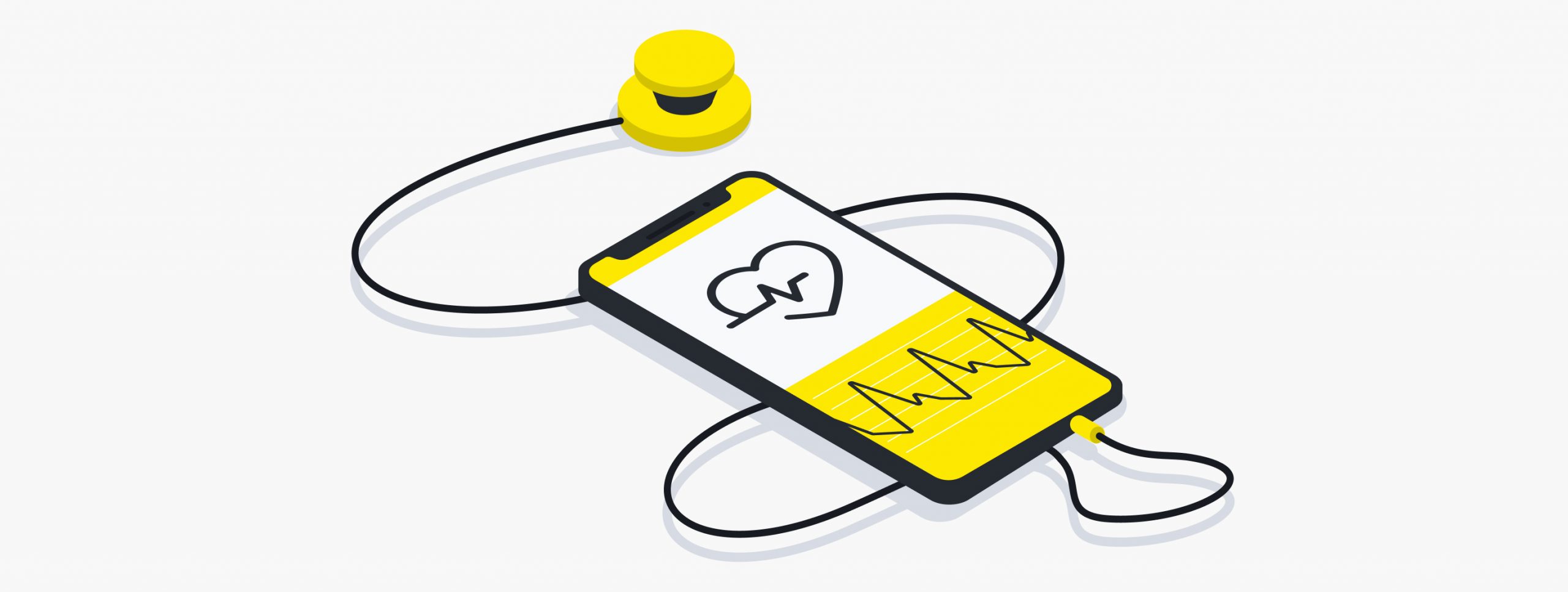Today information technologies offer various solutions that improve Healthcare specific processes and simplify personal care. Depending on the implemented functionality Healthcare applications can cover needs in various areas: Medical records, Wellness, Nutrition, Medical education, Insurance, Medical Practice Management and Administration, Sport and others.
What challenges can Healthcare software development face?
- Regulatory compliance
There is a range of medical regulations for Healthcare applications, especially for those that are deeply connected with third-party medical devices. Requirements of software usually depend on the class it is related to. Mobile devices categorization is based on different factors and can vary by region and country. Healthcare applications should be carefully prepared for technical and security audits in compliance with HL7 FHIR, MedMij, DICOM or other required healthcare standards. Usually, the audit process is divided into several stages and takes time to pass. - Care mobility and scalability
People that use Healthcare applications expect them to be flexible and accessible. That is why compatibility with different mobile devices is extremely important. Healthcare apps should provide multi-platform access to app information and its features on smartphones, smart watches, fitness bracelets and other mobile devices. We would recommend to build cross-platform applications and PWAs to meet care mobility. - Insufficient focus on patients
The primary characteristic of any Healthcare platform should be “helpful”. It is important to put due attention to UI and UX design making it responsive, easy and understandable for users. Remember that the target audience of medical and wellness applications is very diverse. It can include people with disabilities, aged people and other specific audiences. Implement communication tools that will suit your users and provide them with a quick response in case of an emergency. Consider video conferencing, online appointments and voice chats functions for the simplest interaction. - Private data vulnerability
The privacy of medical data is one of the most challenging tasks in Healthcare software development. A platform should provide security on all access levels – from the app interface to separate spaces. You can control access using multi-factor authentication and automatic log-offs. Encryption and decryption will provide your system with additional data protection. Make sure your Healthcare platform is integrated with HIS, RIS, PACS giving access to medical data across different information systems and imaging management within the healthcare delivery network. - Specific customization needs
Healthcare applications can be customized depending on needs and goals. Customization is mostly related to Management and Administration tools because internal management processes vary from one healthcare provider to another. It would be great to collaborate with a Business Analyst who has experience in the evaluation of eHealth projects and is ready to elaborate project requirements.
Exposit engineers create Healthcare software solutions considering industry-specific needs and innovative development approaches. This year we are going to Düsseldorf to visit the global HealthTech event called MEDICA and learn the latest trends and standards of Healthcare software development. Contact us if you want to create a quality Healthcare solution using the best software development practices or meet us in Dusseldorf on 18-21th November.






